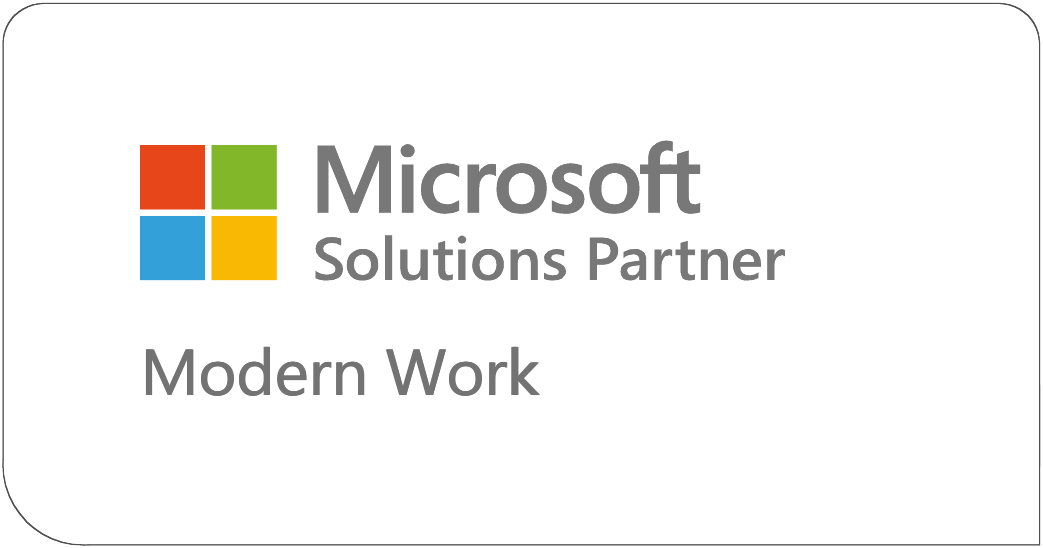Why Your Need a Cloud or Onsite Network
If your company is growing and you need to expand or add a location, you’ll need to develop a plan for a new business network setup. Maybe when you started, you didn’t need a network.
All you had was two or three stand-alone computers. You’ve worked hard to build your brand and grow your business. In the process, you’ve found that your technology needs are growing right along with it. Or maybe you already have a network with 10 or 15 computers and a couple of servers, but need to add more computers or an additional location.
5 Reasons why a small business should have a computer network:
- MAXIMIZE PROFICIENCY – A computer network helps you get the most out of your computers and peripheral devices. In other words, with a network, you get more bang for your IT buck.
- MAXIMIZE BANDWIDTH – An effective IT network setup allows sharing of a single broadband Internet connection between multiple computers and users.
- DEVICE SHARING – With a network, you can also share peripherals, such as printers and scanners. For instance, you can buy one network-ready printer and allow all network stations to access it. No need to buy a printer for each computer station.
- FILE SHARING – A network allows people to access files, images, music, and other resources that are stored remotely or on an onsite server.
- STREAMLINE WORKFLOW – Networking has become essential when it comes to running a small or medium sized business. But setting up a new one or expanding an existing one can get complicated. That’s why you need expert computer networking help.
Setting up a business network requires a lot decision-making.
- More than 5 Computers? – As a rule, a network with more than five computers needs a server to run efficiently. What type of server will you need? Will you need more than one? Or will you run all or most of your services from the cloud?
- Wired or Wireless? – Will you use wireless or wired networking equipment? Increasing numbers of businesses are opting to go wireless and avoid all the cabling and hard-wiring used for wired solutions. But, wired networking is still more reliable, costs less, and has faster connection speeds.
- Security – After your network is set up, you’ll need to secure it by configuring security settings in the router or operating system. You’ll want to use Windows and network account settings to limit rights for some users and expand rights for others. It’s important to set up firewalls and Internet security too.
- Are You Hack Proof? – How will you protect your network from hackers, viruses, malware, and other outside attacks?
These represent only a few of the many decisions you’ll have to make if you attempt to do everything yourself. At Braintek, our experts take the guesswork out of technology planning. We’ll give you the computer networking support you deserve by helping you develop a plan that best suits your needs and budget.





